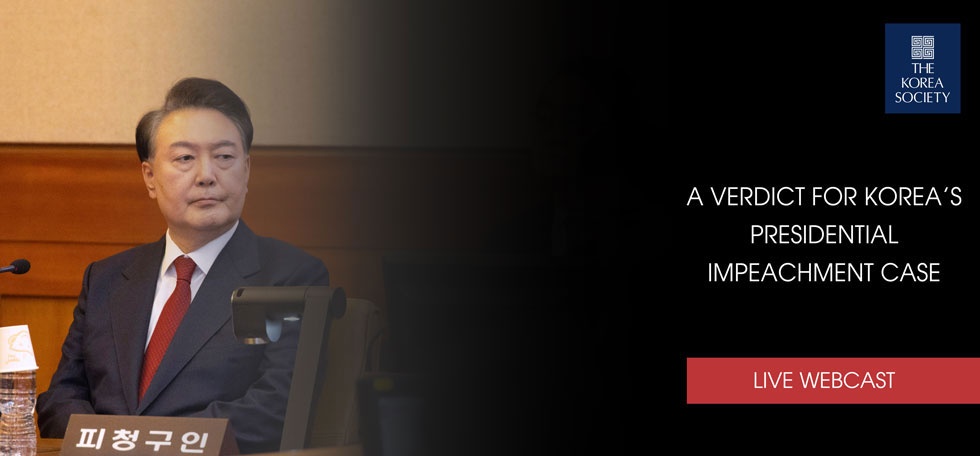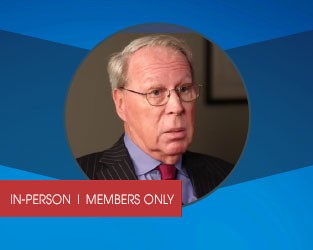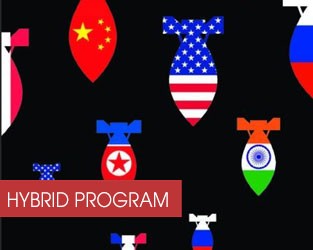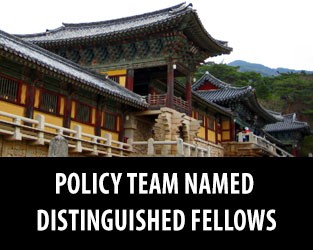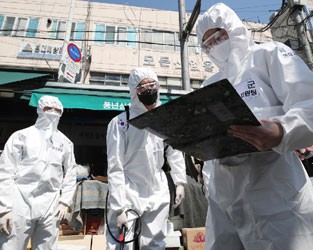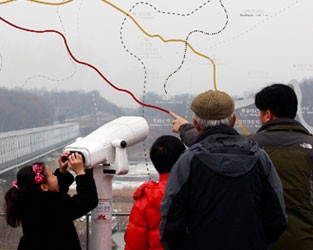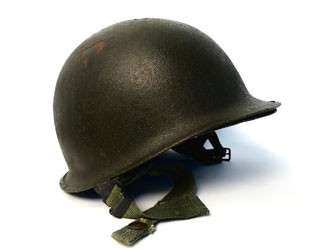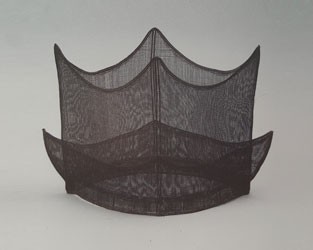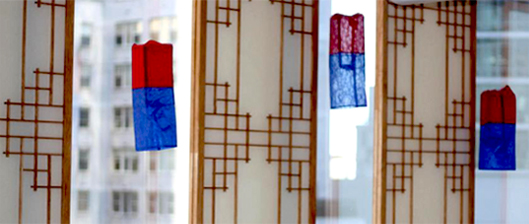![]()
The United States and Korea see tremendous regional flux in 2016. Tensions in East Asia have grown with China's military activities in the South China Sea and East China Sea and North Korea's January 6 nuclear test and February 7 missile test. South Korea's relations with Japan may warm after the December 28 announcement aimed at settling the comfort women issue, though opposition among nationalists remains high in both countries. Taiwan saw national elections, and South Korea has parliamentary elections this year and presidential elections next. The United States has its own presidential election in November, with China and North Korea figuring into candidates' campaigns. Ralph Cossa of Pacific Forum CSIS, Victor Cha of the Center for Strategic and International Studies and Georgetown University, and Scott Snyder of the Council on Foreign Relations discuss political and security developments and offer timely forecasts, in conversation with The Korea Society’s Stephen Noerper.
Political Forecast 2016: Korea and Its Neighbors
Ralph Cossa
President of the Pacific Forum CSIS
Victor Cha
Senior Advisor and Korea Chair at the Center for Strategic and International Studies (CSIS) and Director of Asian Studies, Georgetown University
Scott Snyder
Senior Fellow for Korea Studies and Director of the U.S.-Korea Program, Council on Foreign Relations
$10 Members, $20 Guests, $5 Students
12:00 PM | Registration
12:30 PM | Discussion
If you have any questions, please contact Nikita Desai or (212) 759-7525, ext. 355.
Collaborating Organization

About the Speakers
Ralph Cossa is president of the Pacific Forum CSIS in Honolulu and senior editor of the Forum’s quarterly electronic journal, Comparative Connections. He is the primary U.S. representative and former international co-chair of the ASEAN Regional Forum Experts and Eminent Persons Group, as well as a founding member and current co-chair of the multinational Council for Security Cooperation in the Asia Pacific (CSCAP). He is a political/military affairs and national security specialist with more than 40 years of experience in formulating, articulating, and implementing U.S. security policy in the Asia-Pacific and Near East–South Asia regions, with a particular focus on Northeast Asia security relations. He writes a regular column for the Japan Times and is a frequent contributor to the JoongAng Ilbo and other regional newspapers and periodicals. Mr. Cossa served in the U.S. Air Force from 1966 to 1993, achieving the rank of colonel and last serving as special assistant to the commander of the U.S. Pacific Command.
Dr. Victor Cha is a senior adviser and the inaugural holder of the Korea Chair. He is also director of Asian studies and holds the D.S. Song-KF Chair in the Department of Government and School of Foreign Service at Georgetown University. From 2004 to 2007, he served as director for Asian affairs at the White House on the National Security Council (NSC), where he was responsible primarily for Japan, the Korean peninsula, Australia/New Zealand, and Pacific Island nation affairs. Dr. Cha was also the deputy head of delegation for the United States at the Six-Party Talks in Beijing and received two Outstanding Service Commendations during his tenure at the NSC. Dr. Cha is a former John M. Olin National Security Fellow at Harvard University, a two-time Fulbright Scholar, and a Hoover National Fellow, CISAC Fellow, and William J. Perry Fellow at Stanford University. He holds Georgetown University’s Dean’s Teaching Award for 2010 and the Distinguished Research Award for 2011. He serves as an independent consultant and has testified before Congress on Asian security issues. Dr. Cha holds a B.A., an M.I.A., and a Ph.D. from Columbia University, as well as an M.A. from Oxford University.
Scott Snyder is senior fellow for Korea studies and director of the program on U.S.-Korea policy at the Council on Foreign Relations (CFR), where he had served as an adjunct fellow from 2008 to 2011. Prior to joining CFR, Snyder was a senior associate in the international relations program of The Asia Foundation, where he founded and directed the Center for U.S.-Korea Policy and served as The Asia Foundation's representative in Korea (2000-2004). He was also a senior associate at Pacific Forum CSIS. Snyder has worked as an Asia specialist in the research and studies program of the U.S. Institute of Peace and as acting director of Asia Society's contemporary affairs program. Snyder was a Pantech visiting fellow at Stanford University's Shorenstein Asia-Pacific Research Center during 2005–2006, and received an Abe fellowship, administered by the Social Sciences Research Council, in 1998–99. He has provided advice to NGOs and humanitarian organizations active in North Korea and serves as co-chair of the advisory council of the National Committee on North Korea. Snyder received a BA from Rice University and an MA from the regional studies East Asia program at Harvard University and was a Thomas G. Watson fellow at Yonsei University in South Korea.
Stephen Noerper (moderator) writes on US policy and Asia. He served more than two and a half decades in non-profits, universities, the private sector, and public service. He taught at New York University, American University, Waseda University, the National University of Mongolia, and Hawaii's Asia Pacific Center for Security Studies, and was a senior analyst with the US State Department. He publishes widely, appears in media, and is a graduate of the Fletcher School of Law and Diplomacy and London School of Economics.
Of Interest:
January 2016 Comparative Connections

